If you are interested in cooperation, please contact us immediately, we will give you feedback as soon as possible!
![]() Whatsapp : +8613963585512
Whatsapp : +8613963585512
![]() Email : [email protected]
Email : [email protected]
| Item | Details |
|---|---|
| Alloy | Non-alloy |
| Certification | SGS Certification |
| Technique | Hot Rolled |
| Type | Equal |
| Standard | Chinese National Standard (GB), American Society for Testing and Materials Standard (ASTM), Japanese Industrial Standard (JIS), American Iron and Steel Institute Standard (AISI), German Industrial Standard (DIN), British Standard (BS) |
| Product Name | Steel Angle Bar |
| Length | 6m-12m |
| Tolerance | ±1% |
| Processing Service | Bending, Welding, Decoiling, Punching, Cutting |
| Delivery Time | 8-14 Days |
| Grade | Ss400-Ss540 Series |
| Minimum Order Quantity (MOQ) | 5 Tons |
| Transport Package | Standard Marine Packing |
| Specification | Customized |
| Place of Origin | China |
| Production Capacity | 1000 tons per month |
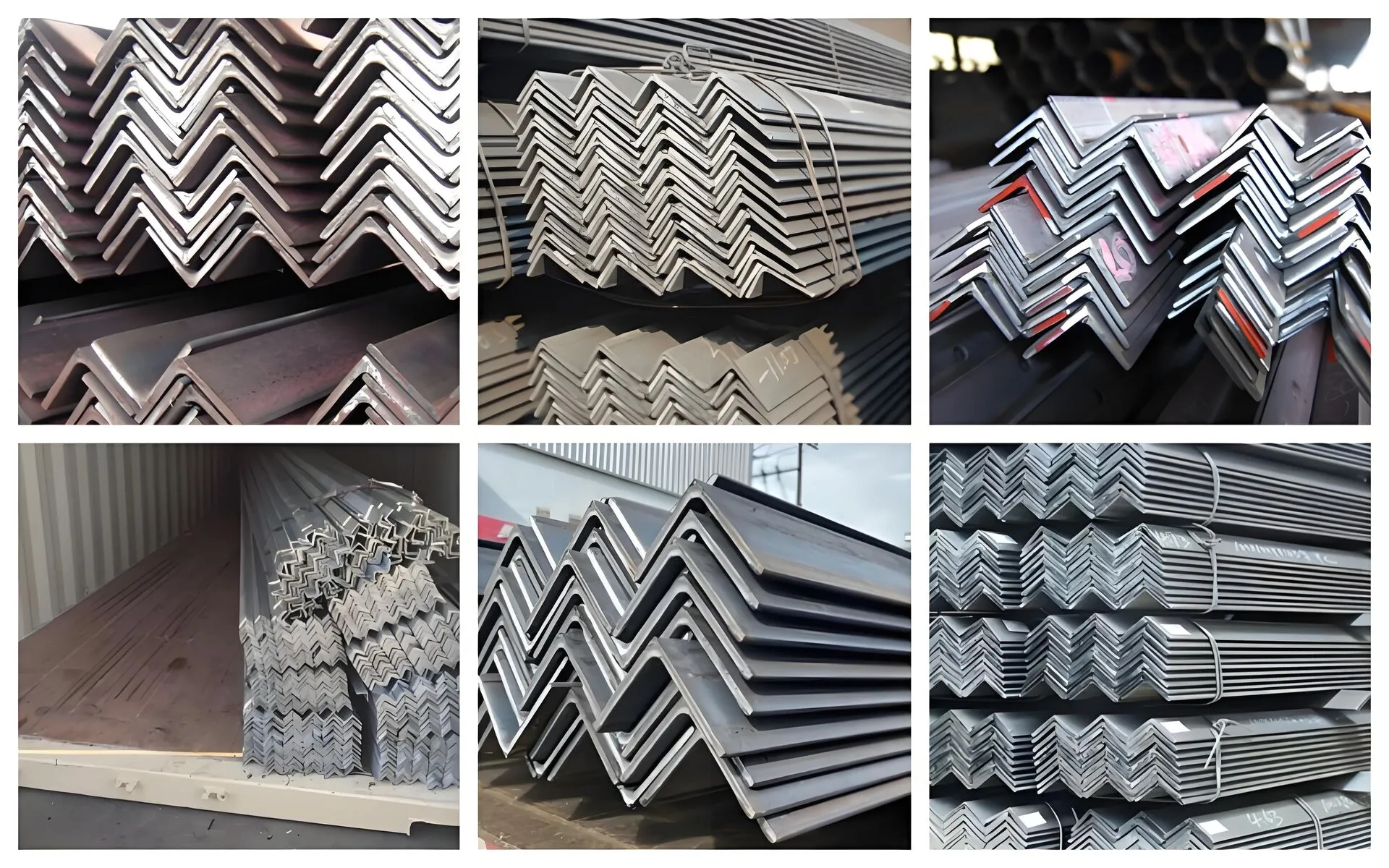
Appearance:
Carbon steel angle steel usually presents a metallic gray color, with a surface that can be smooth or slightly rough depending on the manufacturing process. Different surface treatments, such as painting, galvanizing, or powder coating, can be applied to enhance its appearance and corrosion resistance.
Density:
The density of carbon steel angle steel is generally around 7.85g/cm³, which is slightly lower than stainless steel but higher than many other construction materials. For example, Q235 carbon steel, a commonly used grade, has a density of approximately 7.85g/cm³.
Melting point:
The melting point of carbon steel angle steel is relatively high, typically in the range of 1425-1540℃. This makes it suitable for applications in environments where structural stability at elevated temperatures is required.
Coefficient of thermal expansion:
The coefficient of thermal expansion is moderate. In the range of room temperature to 100℃, the coefficient of thermal expansion for carbon steel is about 11.7×10⁻⁶/℃. This property ensures good dimensional stability under varying temperature conditions.
Thermal conductivity:
Carbon steel has relatively good thermal conductivity compared to stainless steel, with a thermal conductivity coefficient of approximately 50-60W/(m·K). This makes it suitable for applications requiring heat transfer.
Electrical conductivity:
Carbon steel has moderate electrical conductivity, but it is not primarily used for electrical applications. The conductivity of carbon steel is significantly lower than copper but sufficient for grounding or structural uses.
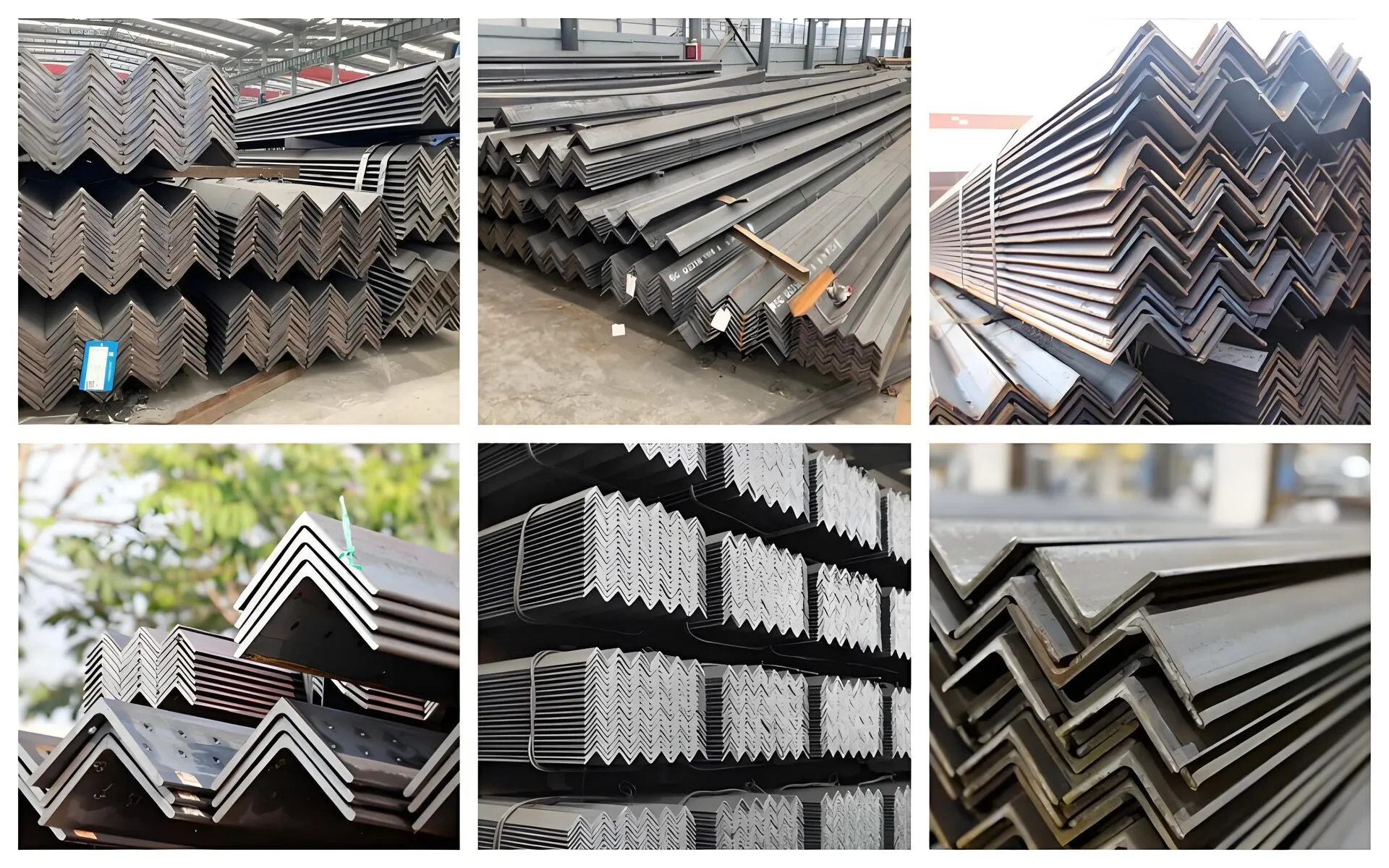
Corrosion resistance:
Carbon steel angle steel has limited corrosion resistance compared to stainless steel. Without protective coatings, it is prone to rust when exposed to moisture or corrosive environments. However, treatments like galvanizing or painting can significantly improve its resistance to corrosion. For example, hot-dip galvanized carbon steel is widely used in outdoor structures due to its enhanced durability.
Carbon steel has moderate oxidation resistance at room temperature, but at higher temperatures, it is susceptible to oxidation. Alloying elements such as chromium or molybdenum can be added to improve its oxidation resistance in high-temperature applications.
In general chemical environments, carbon steel angle steel exhibits moderate chemical stability. It may react with strong acids, alkalis, or other aggressive chemicals, leading to corrosion. Protective coatings are often applied to mitigate these effects in harsh environments.
Passivation:
Unlike stainless steel, carbon steel does not naturally form a passivation film. Instead, surface treatments such as galvanizing, painting, or applying protective coatings are used to prevent corrosion. These treatments create a barrier between the steel surface and the environment, extending the material’s lifespan.
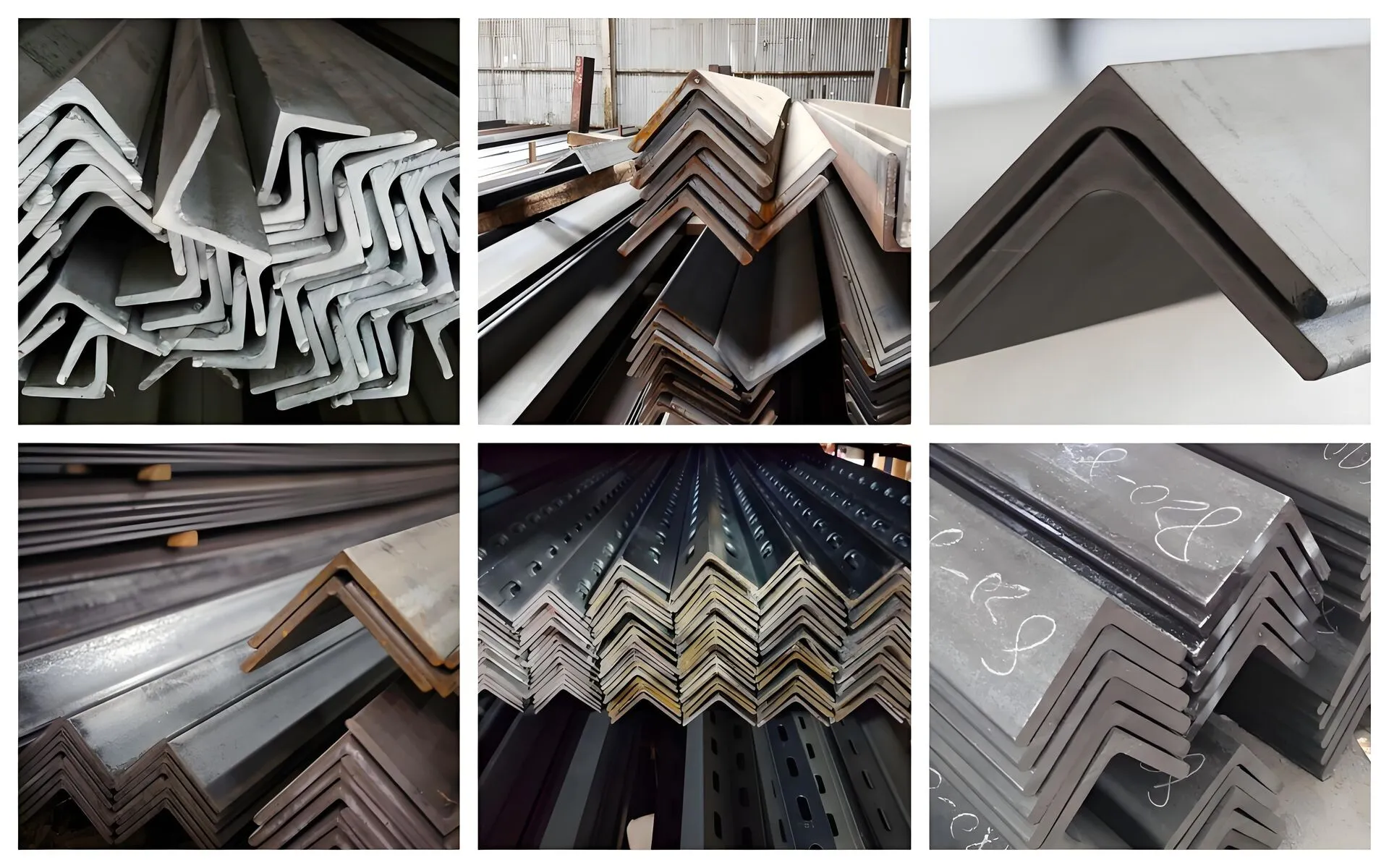
Carbon steel angle steel is widely used in various industries due to its excellent strength, affordability, and ease of fabrication. In construction, it is commonly used for structural frameworks, support beams, and reinforcement in buildings and bridges. In industrial applications, it serves as a key component in machinery frames, equipment supports, and conveyor systems. It is also used in infrastructure projects, such as railway tracks, transmission towers, and pipelines. Additionally, in the manufacturing sector, carbon steel angle steel is utilized to produce tools, automotive components, and storage racks. Despite its susceptibility to corrosion, proper surface treatments ensure its long-term performance in demanding environments.
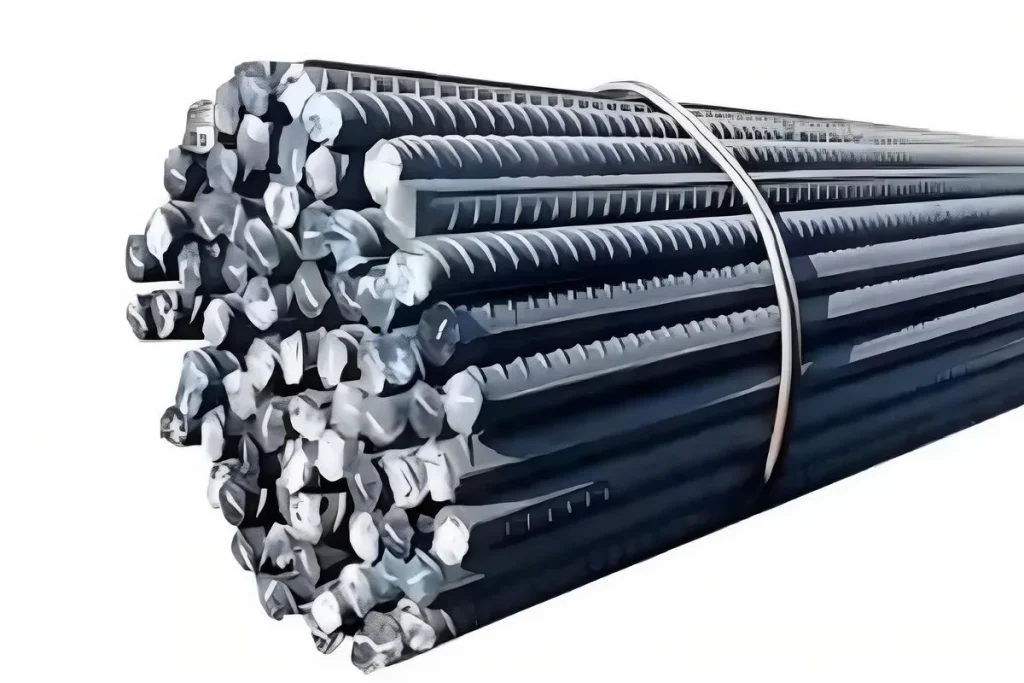
Ultra – high strength and toughness to resist extreme loads and impacts
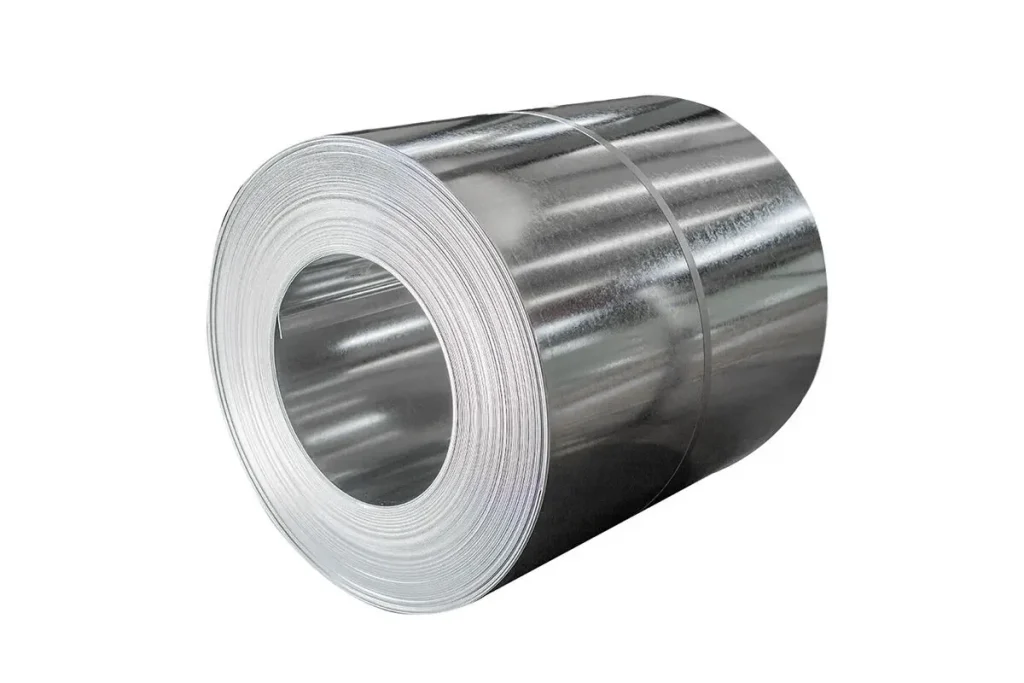
Ultra – high strength and toughness to resist extreme loads and impacts
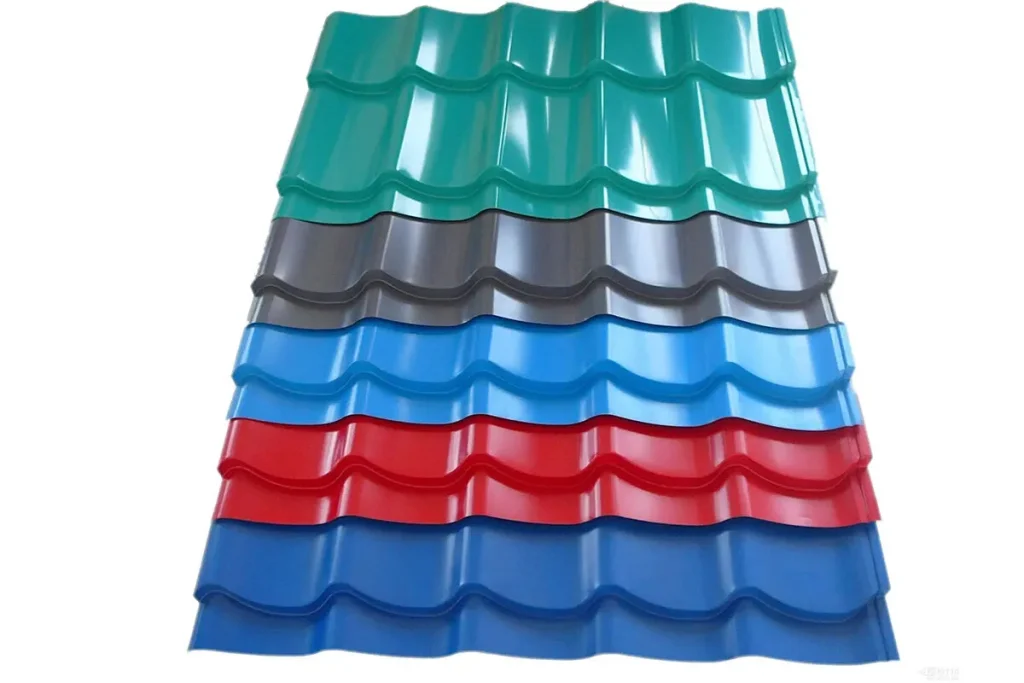
With anti-corrosion treatment, it is weather-resistant and corrosion-resistant, and can serve for a long time.
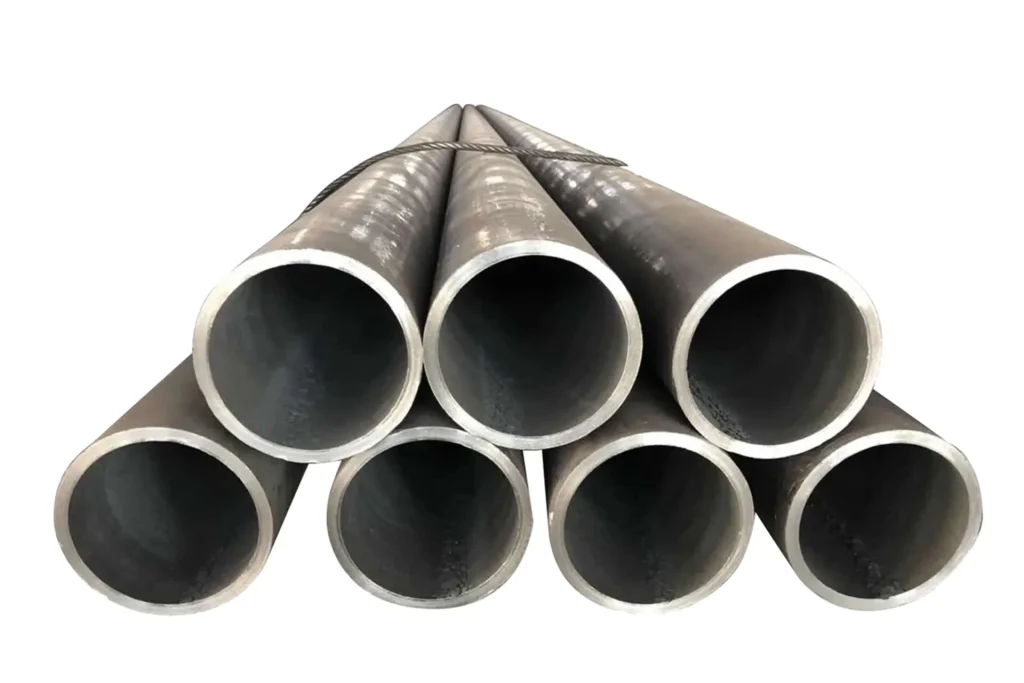
100% recyclable, reusable, low-carbon and consumption-reducing
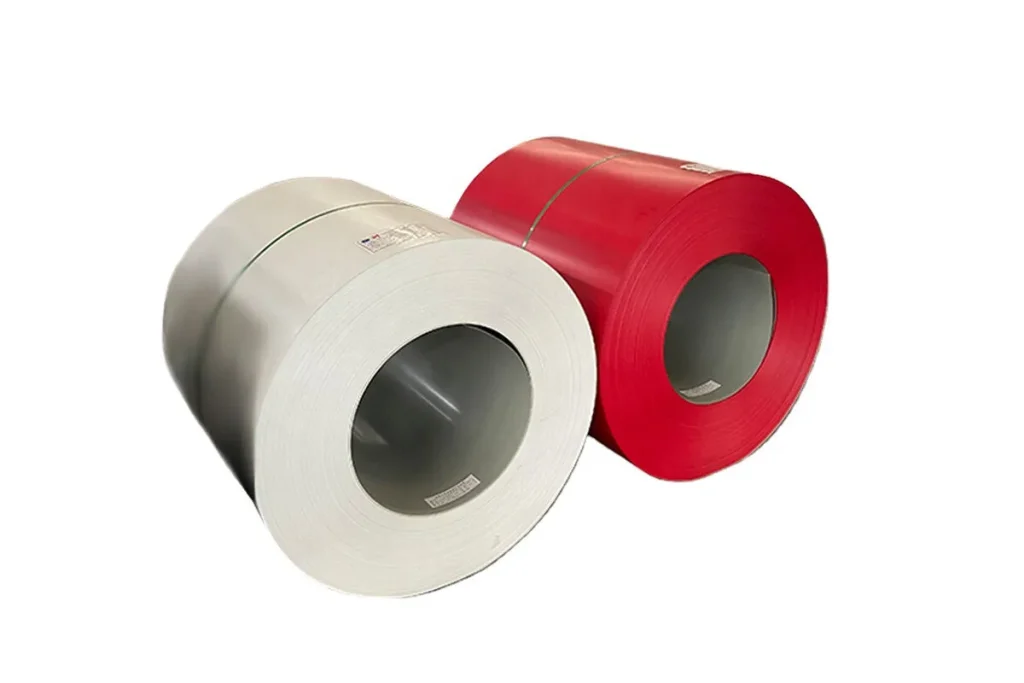
The processing is rapid and precise, and the project is delivered quickly.
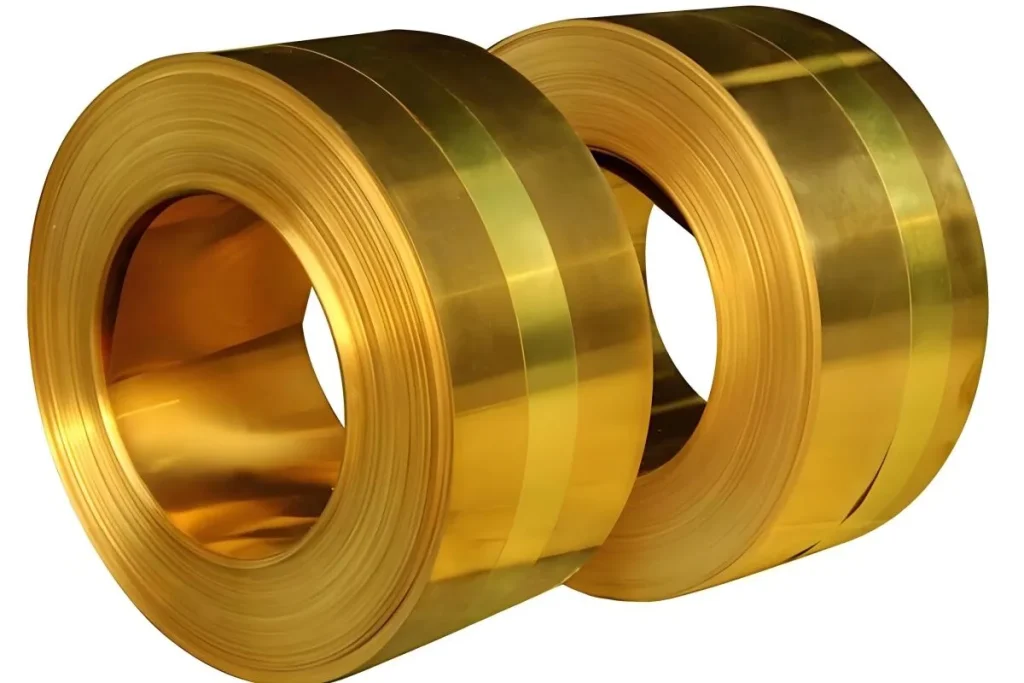
Pass international certifications such as ISO and ASTM, with reliable quality.
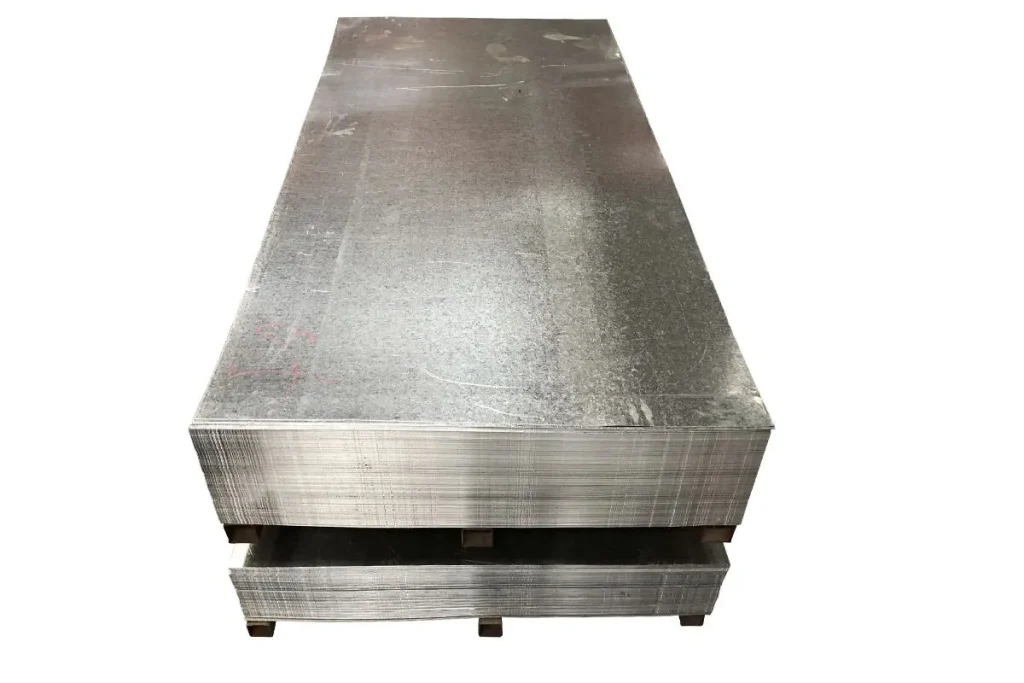
Create exclusive specifications and shapes as needed
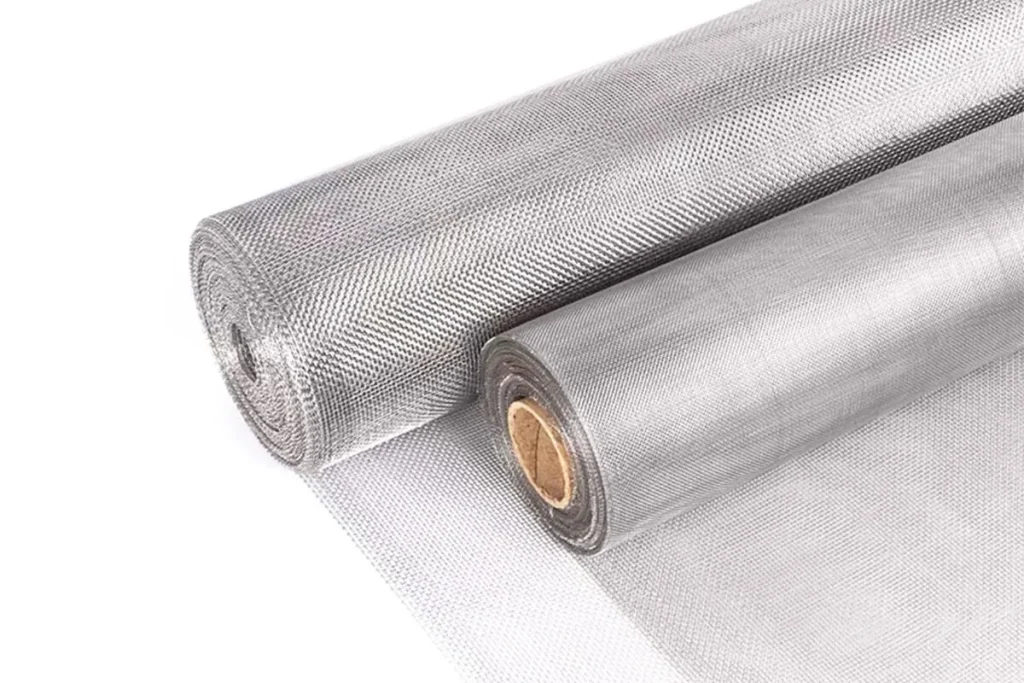
Global service team, providing full – course after – sales technical support
Our factory manufactures a comprehensive array of steel products, including but not limited to, structural beams, steel bars, plates, and coils. We also offer bespoke solutions catering to specific dimensions and compositions as per customer requirements.
Absolutely, all our steel products adhere to international standards and undergo rigorous quality assurance tests. We hold various certifications, including ISO 9001, emphasizing our commitment to quality. Each product batch comes with a certification detailing its grade and compliance standards.
Yes, we are equipped to manage significant order volumes even within constrained timelines, thanks to our advanced operational processes, sizable workforce, and efficient logistics network. However, we always suggest contacting us with specifics as early as possible for the best outcomes.
Sustainability is at the core of our operations. We utilize energy-efficient technologies, recycle scrap material, and follow strict environmental protocols to minimize our ecological footprint. Our commitment extends beyond compliance, aiming for a future-focused, sustainable approach in all we do.
Worker safety is paramount. Our factory complies with all health and safety regulations, providing regular training, enforcing strict on-site protocols, and equipping our staff with advanced safety gear. We believe a safe worker is an empowered worker.
Certainly. We pride ourselves on our capability to provide tailored solutions. Our team of experts collaborates closely with clients to understand their needs, offering custom compositions, cuts, and finishes unique to their project demands.
We manage logistics through trusted partners, ensuring timely and safe deliveries. Customers receive tracking information once orders are dispatched and can monitor their shipment in real-time. Additionally, our customer service team is always on standby to assist.
We stand by the quality of our products. In the rare instance of defects or non-compliance, we have a transparent return or exchange policy. Clients are encouraged to reach out within a specified period after receipt, and we promise a swift, fair resolution in line with our terms and conditions.